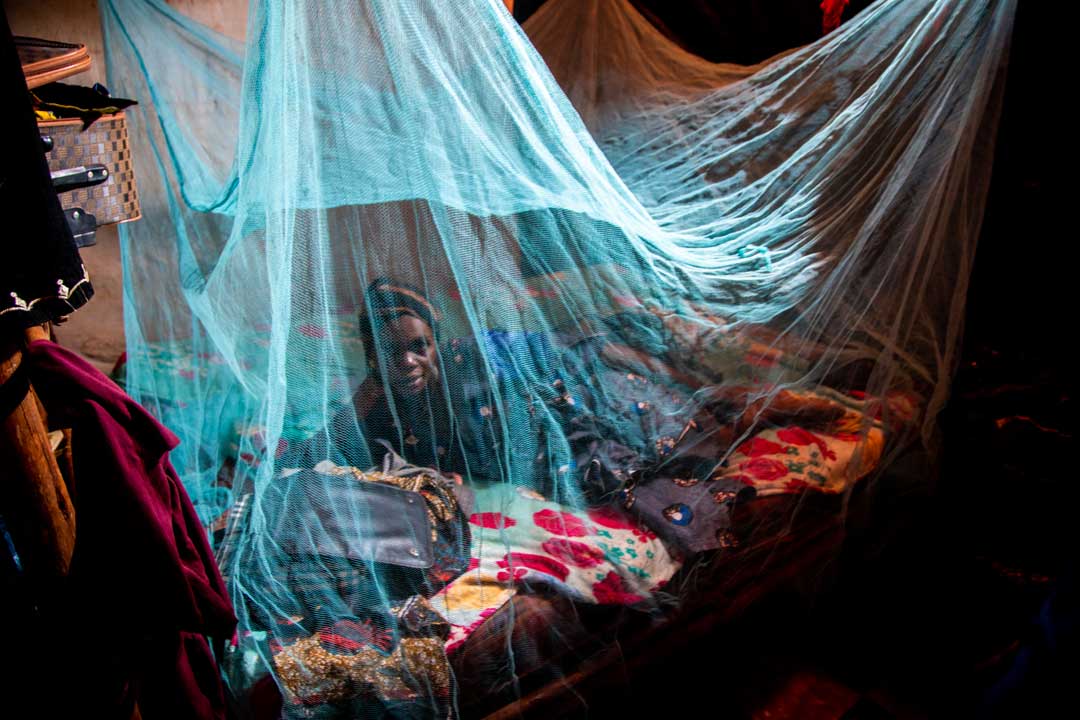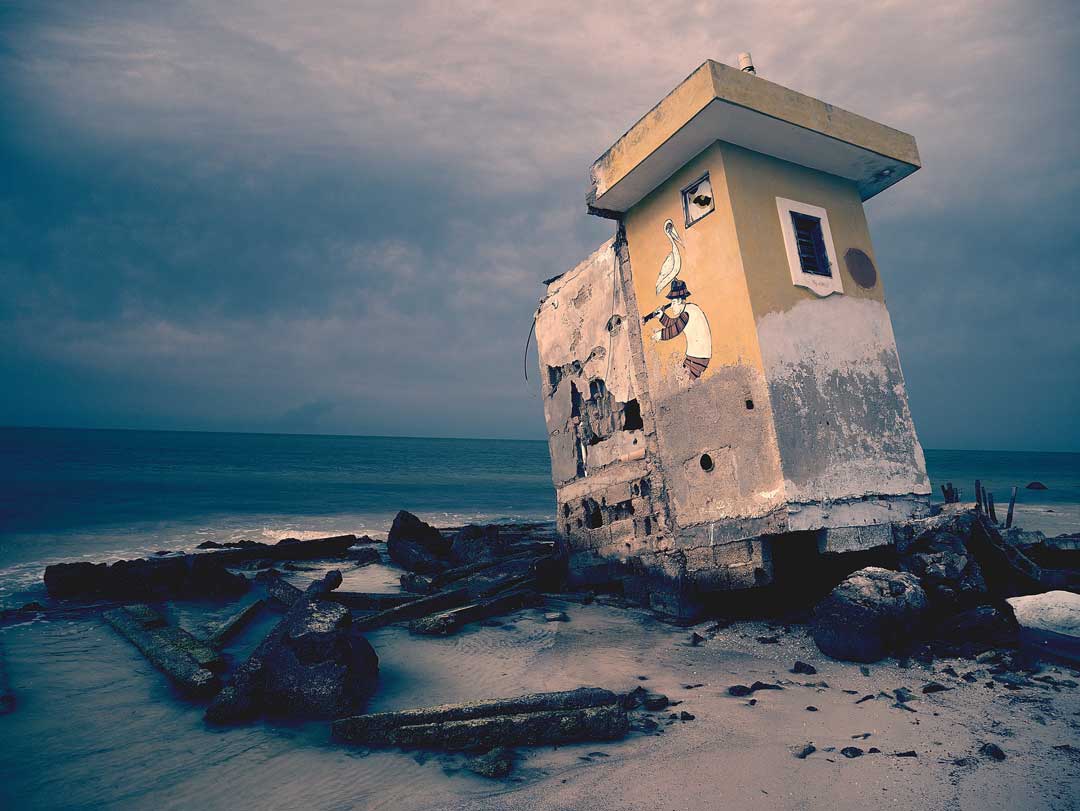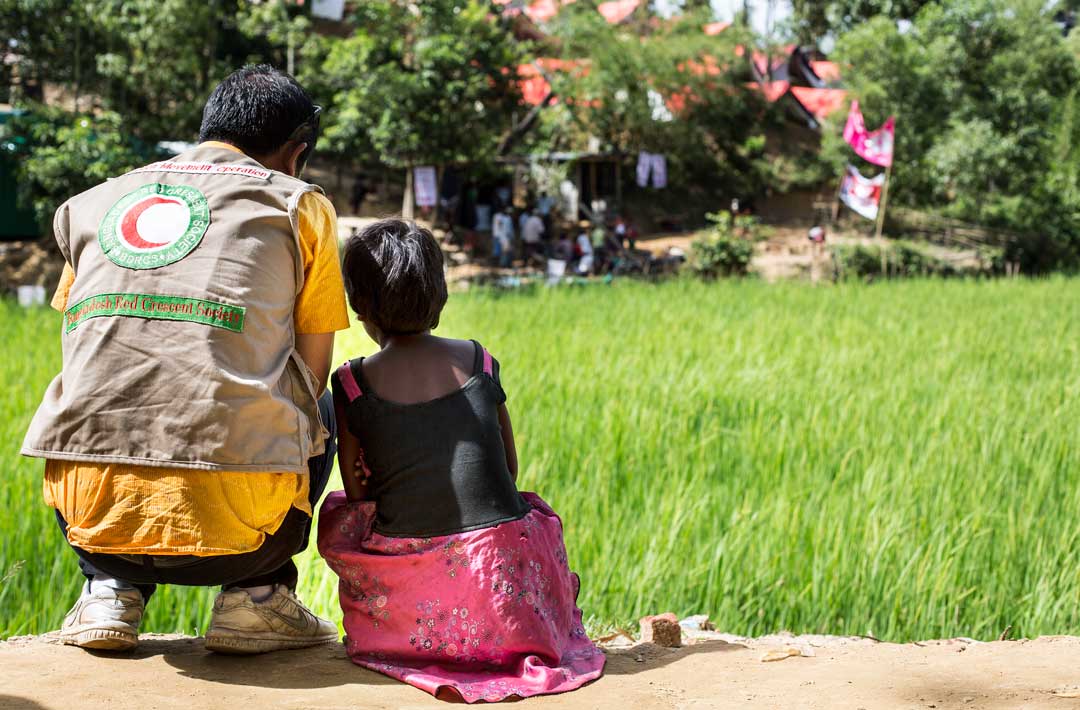Its been 15 years since that fateful boxing day in 2004, when Sri Lankans were introduced to the concept of the tsunami. Once not part of the lexicon, the tsunami is engrained as one of the darkest periods in Sri Lankan history and sadly part of many dark histories of Sri Lanka.
Sri Lanka was the second country next to Aceh in Indonesia to be severely destroyed by the tsunami and like Indonesia was in the midst of a floundering peace process. In the lead up to the 15 year anniversary there should be much to reflect on. However sadly, much has happened in Sri Lanka since then that now the tsunami reflections are confined to a minute of silence (at best) which is sad given that the event was a turning point for the country.
Following the bloody end of the conflict in 2009 and the devastating Easter Sunday bomb attacks earlier on this year, Sri Lanka and its citizens are facing an upheaval in terms of an identity crisis amidst the resurgence of religio-ethno nationalist forces threatening coexistence with minorities. It is now more than ever that a sombre reflection on the true lessons from 15 years ago needs to be understood or argued. In the wake of polarisation of communities based on ethnicity and faith, what is needed is for Sri Lanka to rediscover that spirit and ethos that guided the initial post tsunami response.
That spirit and ethos was represented by the outpouring of grief and support for the victims and survivors of the tsunami in the immediate aftermath of the tsunami before the government and international institutions started their response. For a brief moment, people forgot the divisions that separated them and concentrated more on what could unite them. For a brief period, regardless of what faith and ethnicity you were, what mattered most was that you were Sri Lankan. The post tsunami response before responsibility was abrogated to the government and the international community represents the single most opportune moment that Sri Lankans (of all ethnicities and faith) came together to help one another in the rebuilding.
This for me represents the single most vital lesson of the tsunami. We were shown the value and vulnerability of life. Mother Earth taught us that we should not discriminate because natural disasters are a great social leveller. No matter whether you were rich or poor or Muslim, Christian, Buddhist or Hindu, the wall of water did not pause and ask your affiliation. In that brief respite of a couple of days after the tsunami, people also didn't ask. They just responded and buried people as they found them giving them the same burial rights as they understood, not knowing who they were burying.
Yet the tragedy of this lesson, is that we quickly forgot this and did not capitalise on it. We did not build the relationships that we once cultivated in those dark times, nor did we go out of the way to forge new ones. As quickly as we responded, we have retreated into our silos made worse by the Easter Sunday attacks. Consequently Sri Lankans remain not only as polarised as ever, the minorities feel disenfranchised and disempowered as ever, but I dare ask whether we would see the same compassionate response today that we saw 15 years ago? I would like to think so but I remain sceptical.
Whilst many will blame the political context and will of the day (which of course has a lot to answer for in setting the context), we can not shirk away from our personal responsibilities in allowing the state of affairs to arrive to the crunch that they are in Sri Lanka. Our personal relationships with and between each other from different communities has much to say for how we value life as taught to us by the tsunami. The amount of hate against minority communities that has been spewed out over the last few months is testimony to something going wrong.
Hypocrates once said that "healing is a matter of time, but it is sometimes also a matter of opportunity". Thus in tragedy there should be an opportunity to heal. In an ideal world a 15 year reflection on the tsunami in Sri Lanka would reflect on how far communities have come.Much would be written as to how the doors that were opened between faith and ethnic communities in the first few days after the tsunami had become opportunities to forge peace.
15 years on, there is a missed opportunity to reflect on from the tsunami which is the missed opportunity for people to build relationships with each other that could transcend political and religious biases. If 15 years on we are still trying to find that magic formula to build relationships and co exist despite the powerful reminder that Mother Earth gave us, then those that lost their lives in that terrible natural disaster and since then, would have lost it in vain.



